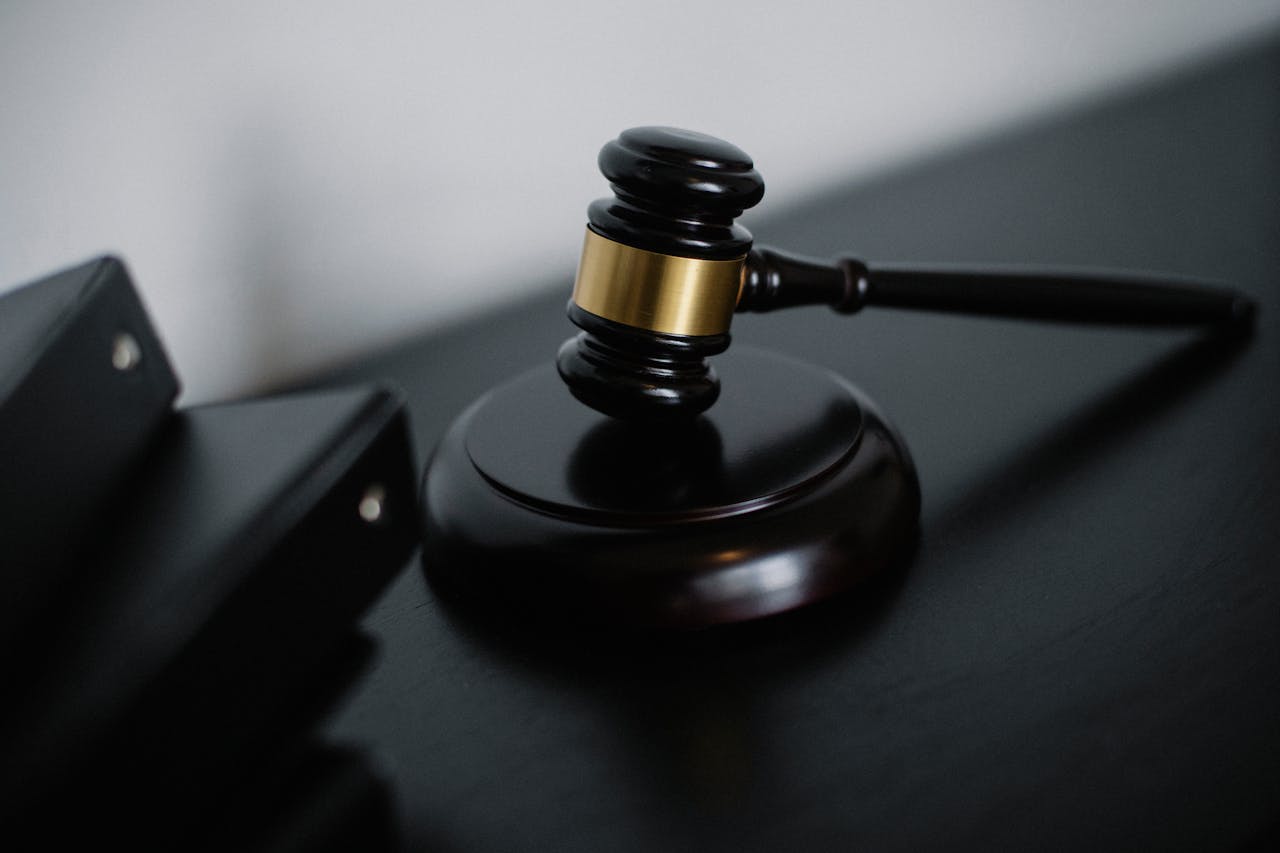The U.S. Supreme Court has recently faced criticism from lower court judges regarding its management of the emergency docket, particularly in cases involving the Trump administration. This criticism comes as the Supreme Court has largely sided with the administration in its requests to pause lower court injunctions and temporary restraining orders.
Explainer Trump Administration Reassesses Approach to Sanctuary Officials
Since President Trump took office, his administration has encountered numerous lawsuits, many filed in jurisdictions with judges appointed by Democrats. These judges have issued various preliminary injunctions that have blocked the enforcement of several policies. The Supreme Court's intervention has been seen by some as a necessary measure to counteract what they describe as overreach by these lower courts.
A recent article in The New York Times highlighted feedback from over three dozen unnamed lower court judges who expressed dissatisfaction with the Supreme Court's handling of its emergency docket. According to the report, 47 of the 65 judges who responded disagreed with the statement that the Supreme Court has made appropriate use of the emergency docket since Trump returned to office. Notably, 36 of those dissenting judges were appointed by Democrats.
Justice Brett Kavanaugh defended the Supreme Court's approach, stating that the justices aim to avoid a “lock-in effect” by not providing extensive opinions on emergency docket cases before the full merits can be litigated. He emphasized that this strategy is intended to maintain the integrity of the judicial process.
The partisan divide among judges is evident in their responses to questions about the Supreme Court's guidance on emergency orders. Of the 48 judges who disagreed that they receive sufficient guidance, 35 were appointed by Democrats, while all 12 who agreed were nominated by Republicans.
Critics of the lower court judges argue that their actions reflect a disregard for the separation of powers. "What we are witnessing is a judicial coup, where lower courts are attempting to usurp executive power," said a spokesperson for the Trump administration. This perspective suggests that the lower courts are overstepping their bounds by issuing rulings that effectively legislate from the bench.
Supporters of the lower court judges argue that their rulings are necessary checks on executive power. They contend that the Supreme Court's recent decisions have undermined the judiciary's role in providing oversight of the executive branch. The New York Times article noted that among the 42 judges who felt the Supreme Court's use of the emergency docket harmed the judiciary's reputation, 32 were appointed by Democrats.
The ongoing tensions between the Supreme Court and lower court judges raise questions about the future of judicial independence and the balance of power among branches of government. As the Supreme Court continues to address cases involving the Trump administration, the implications of these judicial conflicts may shape public perception of the judiciary.
The discourse surrounding the emergency docket and its implications for the judicial system reflects broader political divisions within the country. As the Supreme Court navigates these challenges, the responses from lower court judges may influence future judicial proceedings and the administration's policy agenda.
Why it matters
- The Supreme Court's handling of the emergency docket has drawn significant criticism from lower court judges, highlighting tensions in judicial independence.
- Critics argue that the Supreme Court's interventions favor executive power, raising concerns about the balance of power among government branches.
- The partisan divide among judges reflects broader political divisions, influencing public perception of the judiciary's role in governance.
What’s next
- Lower court judges may seek to address their concerns through formal appeals or statements to the Supreme Court.
- Future cases involving the Trump administration could further test the Supreme Court's emergency docket management.
- Judicial responses may shape upcoming legislative discussions on the separation of powers.
